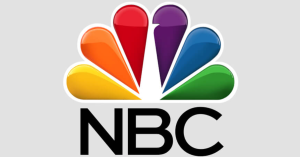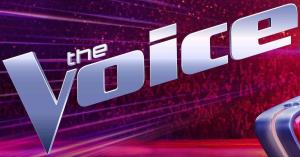President Joe Biden signed an executive order on Friday to speed up the delivery of stimulus checks and increase federal food assistance programs, according to a report by CBS News. Biden signed the order on camera, along with another that extended worker protections to federal employees. He said: “We have to act now. We cannot, will not, let people go hungry.”
Biden’s new executive order tries to streamline the second stimulus check delivery to any families who still have not gotten one. Meanwhile, the bulk of it was aimed at food assistance programs, many of which will be getting an influx of funding and an operational overhaul in the weeks to come. Biden reportedly ordered the U.S. Department of Agriculture to increase Supplemental Nutrition Assistance Program (SNAP) benefits by 15 percent, helping make “food stamps” available to more Americans. He asked the USDA to “consider issuing new guidance that would allow states to increase SNAP emergency allotments for those who need it most.”
Videos by PopCulture.com
The White House provided reporters with a fact sheet, explaining that it estimated about 12 million more people would be able to get enhanced SNAP benefits under this executive order. Meanwhile, it also increases Pandemic-EBT, a food program for students who qualify for free or reduced-price meals at school. With many schools closed during the pandemic, this program is intended to make sure they still eat.
Biden asked the USDA to “consider issuing new guidance increasing P-EBT benefits by approximately 15 percent to accurately reflect the costs of missing meals and make it easier for households to claim benefits.” The White House estimates that this will theoretically provide a family with three children about $100 in additional support per month.
Finally, the order also asks the USDA to reassess the Thrifty Food Plan — the rubric by which they decide who qualifies for SNAP benefits. Biden argued that this plan “is out of date with the economic realities most struggling households face when trying to buy and prepare healthy food.”
There is a strong case to be made that boosting SNAP benefits may positively impact the economy as a whole. According to CBS News, because more people enroll in SNAP overall during an economic recession, it provides more work for the food industry as a whole — from agriculture to transportation to grocery. In 2019, the USDA Economic Research Service found that a $1 billion increase in SNAP could increase the United States’ GDP by $1.54 billion and support almost 14,000 jobs.









